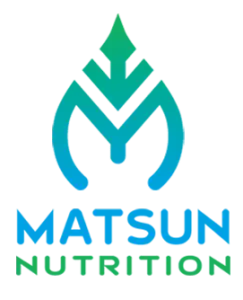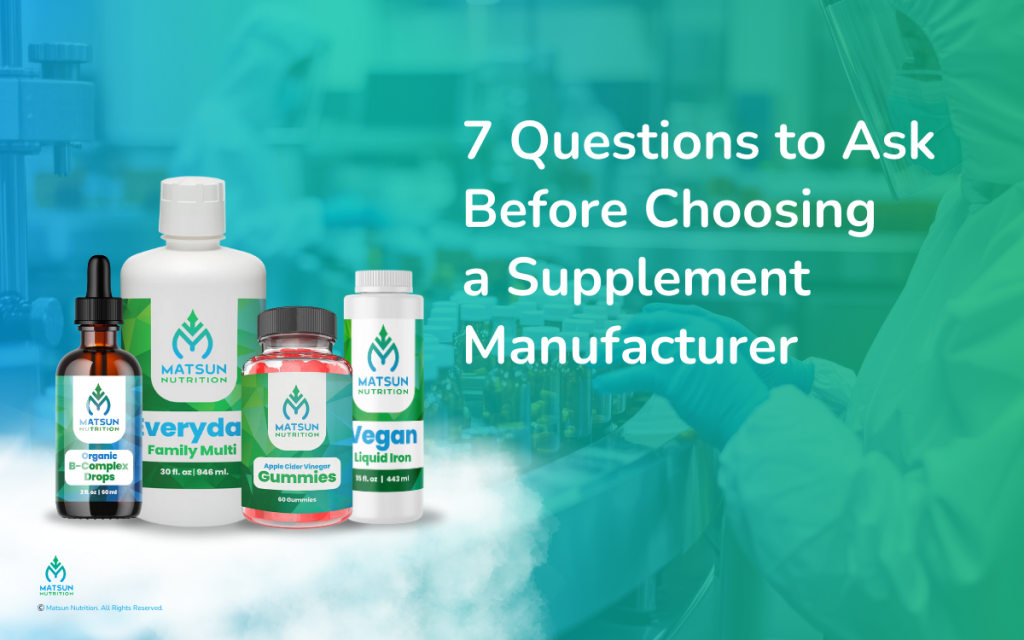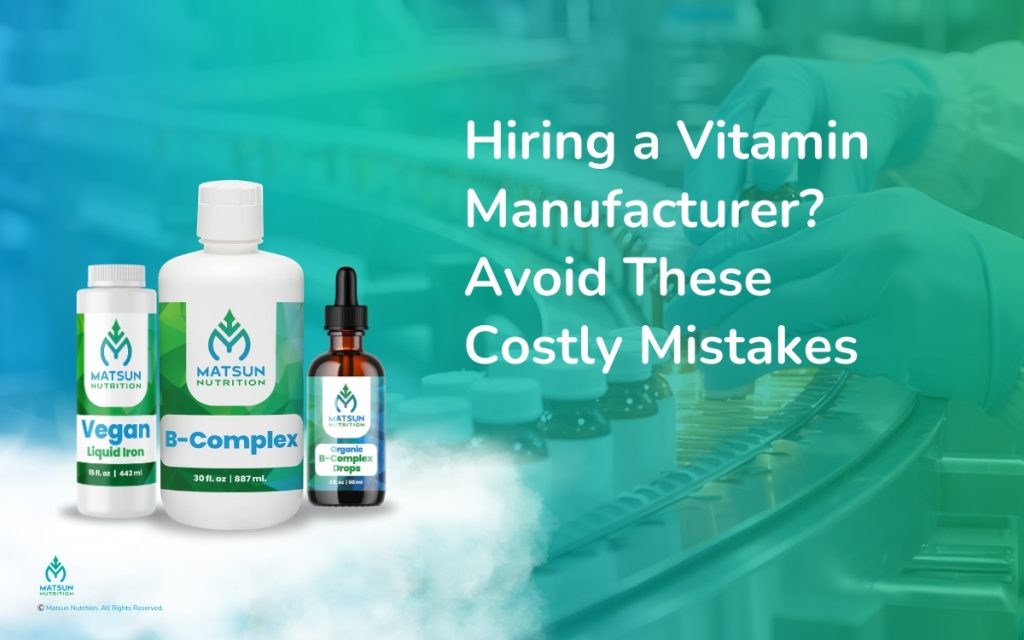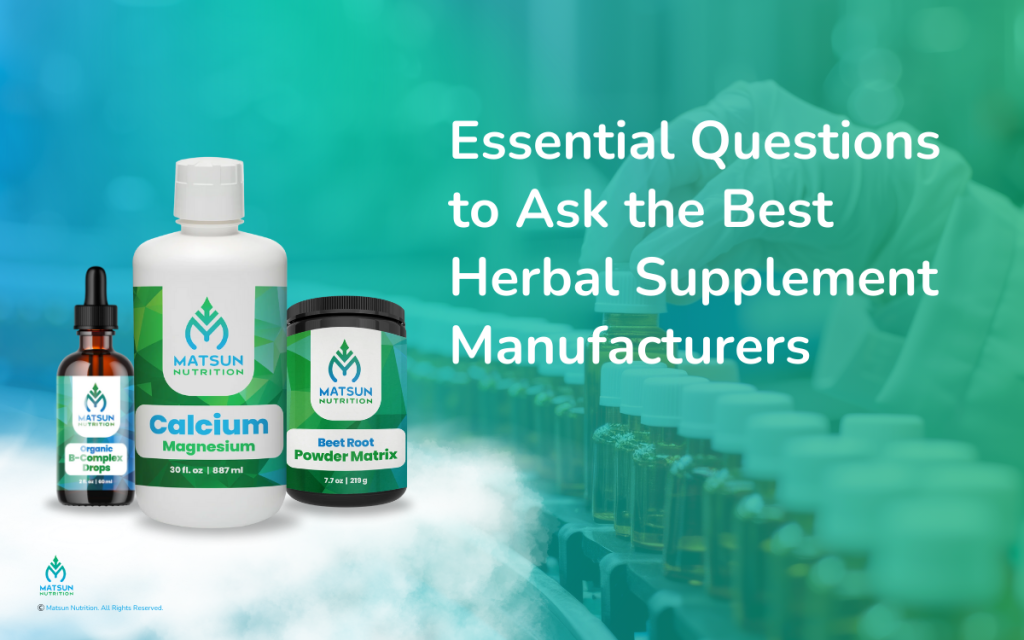The supplements industry is highly competitive. As of 2023, over 29,000 different dietary supplements were available on U.S. retail shelves, and it’s estimated that nearly 1,000 new supplements enter the market every year.
If you want your supplement brand to stand out in the vast ocean of other supplements, you might want to offer your clients custom formulations. In this post, we’ll explore if it’s wise to opt for a supplement manufacturer offering custom formulations to help you decide whether partnering with one can give you a competitive edge.
What Are Custom Formulations?

Unlike standard formulations, custom formulations empower you to create supplements to your specifications. Whether you want to use specific ingredients, dictate ingredient proportions, or combine unique components, custom formulations let you ditch the cookie-cutter approach to create bespoke solutions.
Advantages of Custom Formulations
Custom formulations offer numerous advantages. Torn between custom formulations and private labeling? Here are compelling reasons why you should choose customized formulations for your supplement brand:
1. Brand Differentiation

The supplement market is chock-full of thousands of products with similar formulas. Custom formulations allow you to differentiate yourself from the sea of generic products and offer customers something unique. This differentiation can elevate your product’s perceived value, attracting customers who want tailor-made solutions, not mass-produced products.
2. Control Over Ingredient Selection

The foundation of your supplement brand significantly depends on your ingredient choice. Unlike pre-made formulas, custom formulations grant you control over ingredient selection, allowing you to pick ingredients aligned with your vision.
Whether you want to provide an entirely organic solution, omit certain allergens, or only use ethically sourced ingredients, the power to curate your formula lies in your hands.
3. Tailored to Particular Needs

Every demographic has distinct health needs. Custom formulations let you laser-focus on specific health goals. Whether you’re targeting expectant mothers, fitness enthusiasts, or individuals with dietary restrictions, crafting formulations tailored to your customer’s particular preferences can demonstrate you’re genuinely interested in addressing their needs.
4. Dosage Flexibility

When it comes to supplements, there’s no universal solution, as health needs vary from individual to individual. Custom formulations let you fine-tune dosages and experiment with different ingredients to boost efficacy. This adaptability ensures custom formulations aren’t just unique but genuinely effective, addressing the nuanced health concerns of your customers.
5. Customer Loyalty

Pre-made formulas don’t allow customers to participate in the supplement formulation process. By offering custom formulations, you can involve your customers in the formulation process, fostering a sense of trust, ownership, and loyalty in your brand.
Picture this: customers raving about ”their” formula they helped formulate. That emotional connection builds brand ambassadors, not just passive supplement takers, which can result in repeat purchases and positive word-of-mouth marketing.
6. Adaptability to Market Trends

The supplement industry is dynamic, with new research, trends, and customer preferences emerging often. Custom formulations let you stay ahead of the curve, allowing you to adapt to changes seamlessly.
Whether incorporating the latest superfood, responding to shifting consumer preferences, or adjusting to regulatory requirements, having control over your formulation allows you to remain relevant in a fast-paced market.
7. Reduced Risk of Overstocking

Managing excess inventory is one of the biggest challenges facing entrepreneurs in the supplements business. Holding excess inventory can lead to various challenges, such as cash flow constraints, storage issues, and obsolescence risks.
Supplement manufacturers offering custom formulations and low minimum order quantities (MOQs) can help you mitigate these challenges, allowing you to produce batches on demand and preventing the risk of overstocking.
8. Exclusive Product Offerings

Exclusivity can create a sense of scarcity and urgency, increasing demand for a product. Custom formulations allow you to create limited-edition or seasonal products, generating buzz among your customer base.
This exclusivity can position your brand as more innovative compared to other brands and boost sales, as customers are generally more willing to pay for exclusive products.
9. Enhanced Marketing Opportunities

Creating custom formulations can provide better marketing opportunities. For instance, if you’re creating a custom formulation that fills a particular market gap, you can highlight how your brand fills a void in the market that no other product does.
Whether you want to share your unique ingredient blend or highlight the benefits of particular ingredients, custom formulations provide engaging content for marketing campaigns that can draw attention to your product and drive sales.
10. Regulatory Compliance

Compliance is mandatory in the supplement industry, which is heavily regulated by the Food and Drug Administration (FDA). Custom formulations allow you to meticulously control the ingredients used and their quantities, ensuring compliance with FDA regulations and other standards.
As a result, opting for supplement manufacturers offering custom formulations can not only protect your brand from legal issues but also assure customers of the safety and efficacy of your products.
Disadvantages of Custom Formulations
While custom formulations offer numerous benefits, they aren’t flawless. Here are some of their potential drawbacks:
1. Cost Implications

Crafting custom formulations involves higher initial costs. From sourcing specific ingredients to ensuring quality control, the costs can rise exponentially. If you’re looking for a more cost-effective solution, you might want to opt for private label supplements.
2. Time-Consuming Development

Custom formulations demand time, patience, and dedication. From research and development to testing and tweaking, the process can be lengthy. If speed to market is a huge priority, you might want to choose a private label supplement manufacturer instead.
3. Manufacturing Complexity

Crafting custom formulations requires a lot of attention to detail. From getting precise measurements to ensuring consistent quality across batches, producing custom formulations can prove more challenging than producing standardized supplements. As a result, finding a manufacturer adept at making custom formulations can prove more difficult.
So, if you choose to offer custom formulations, do rigorous research and thoroughly vet the manufacturer you’re considering to avoid surprises down the line.
4. Regulatory Obstacles

The supplement industry is rife with rules and regulations, and custom formulations can add an extra layer of complexity. Meeting compliance standards for a unique blend of ingredients requires meticulous attention, as contravening them could land you in legal trouble. That’s why it’s essential to partner with a supplement manufacturer well-versed with industry standards.
5. Limited Supplier Options
Obtaining specific ingredients for custom formulations may confine you to certain suppliers. Depending on a few suppliers could put your business at risk of ingredient shortages, unfair pricing terms, or supply chain disruptions.
6. Product Awareness Hurdles
Educating customers about the benefits of a novel ingredient or a unique blend can prove incredibly challenging, especially in a market accustomed to standardized formulations. So, you should be ready to invest in compelling storytelling, marketing campaigns, and brand-building.
7. Risk of Misjudging Market Trends
Market trends come and go. While some stand the test of time, others are fads. As a result, if you tailor your custom formulation to a specific trend, it may become obsolete if consumer preferences shift.
8. Limited Scientific Research
Standardized supplements often have plenty of research and clinical trials to back their effectiveness. With custom formulations, particularly those using novel ingredients, the lack of pre-existing data to prove their efficacy can create doubts over their effectiveness.
Verdict: Is Custom Supplement Manufacturing Right for You?
Every business is unique. While custom supplement manufacturing might be ideal for other businesses, it might not be ideal for your business. So, consider the advantages of custom formulations but remain mindful of the potential downsides.
That said, if you want to differentiate your brand, have control over ingredients, or tailor your product to specific customers, custom formulations offer unlimited opportunities.
Interested in learning more about custom formulations and their benefits? We’re here to help! With over three decades of experience in the supplement manufacturing business, we can provide comprehensive answers to any questions you have concerning custom or private label supplements. Contact us today to determine the right supplement option for your business.
Frequently Asked Questions (FAQs)
Custom formulations allow you to create unique products that stand out in a competitive market. Unlike standardized options, custom formulations can enable you to address specific consumer needs and preferences.
Crafting custom formulations costs more due to the specificity of ingredients and quality control. However, the potential to attract consumers willing to spend more on exclusive products and customer loyalty may offset the high initial costs.
The development timeline isn't definite. It varies from one custom formulation to another but generally takes longer than producing standardized supplements.
Custom formulations come with various regulatory challenges, including labeling requirements, quality control testing, and good manufacturing practices (GMPs). As a result, it's vital to partner with a supplement manufacturer conversant with the various regulations.
It depends on your budget, audience, and business goals. A custom formulation may be suitable if you require specific ingredients, want control over your blend, or have a unique niche. Conversely, standardized options may be ideal if you have limited resources or aren't serving a particular demographic.




